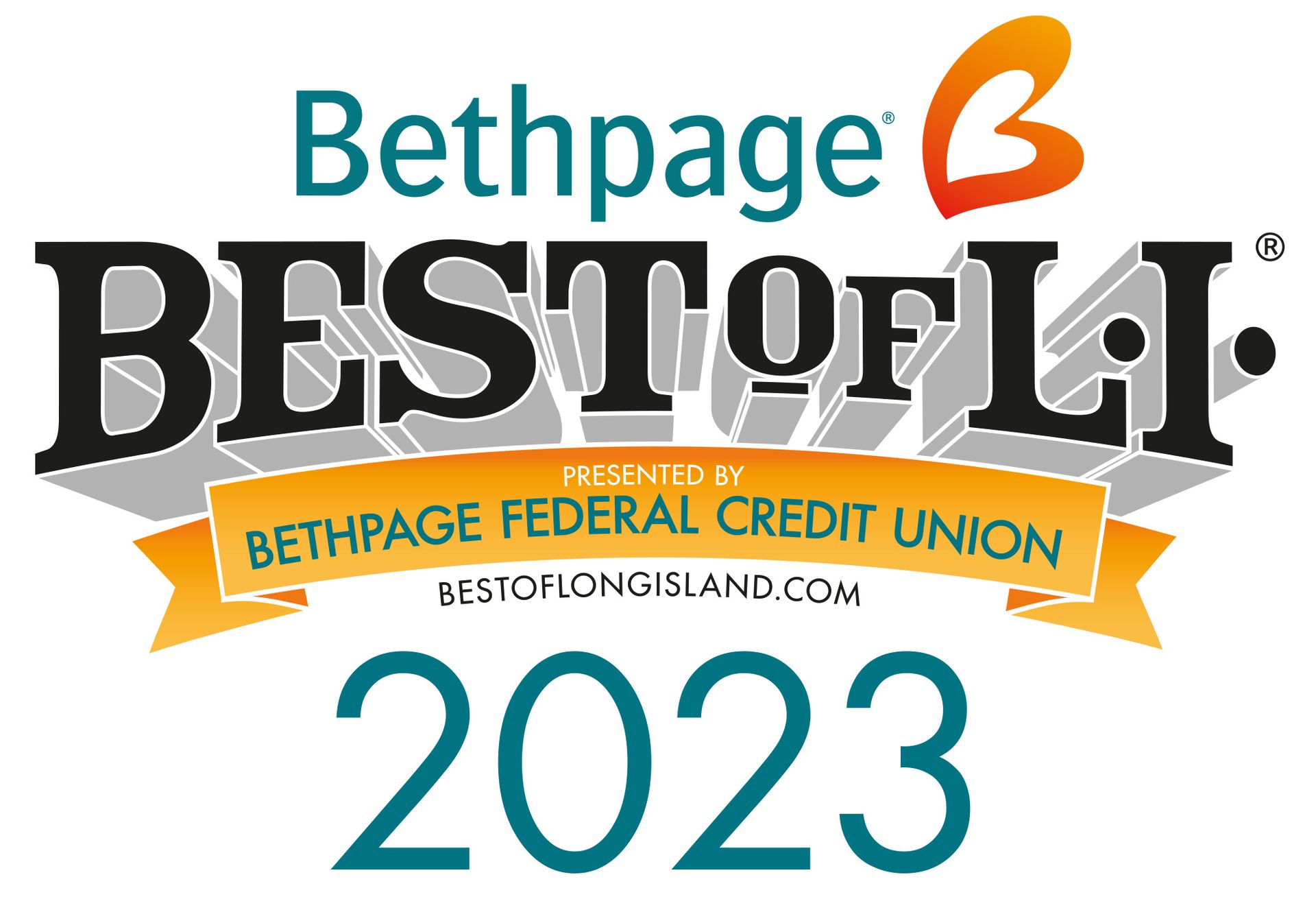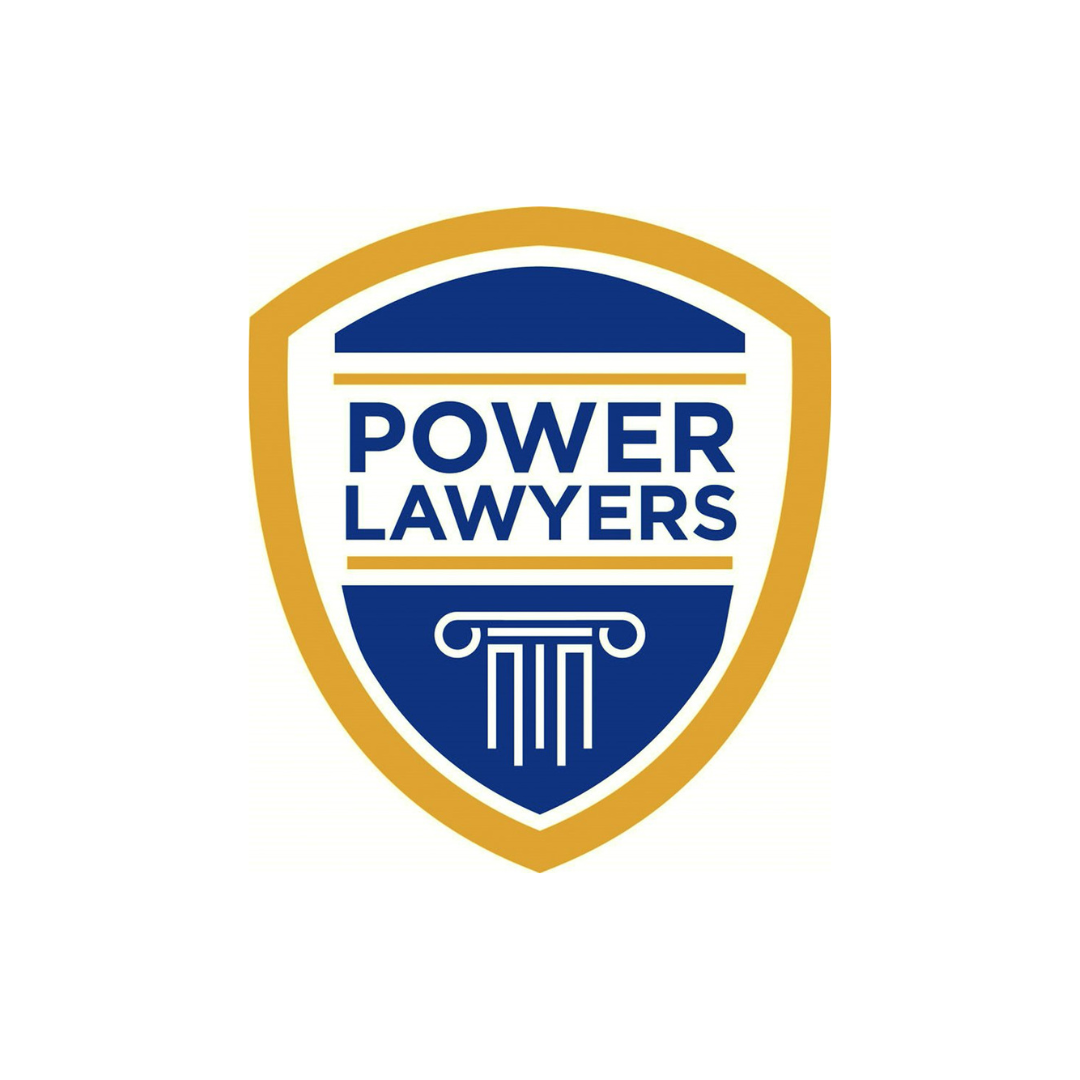What is the Difference Between Medicare and Medicaid?
Medicare and Medicaid are two different government programs for healthcare. It is important to understand the difference between them. Here, we will discuss how the program benefits differ and how eligibility for each program is established.
What are the program benefits?
Medicare is a program administered by the federal government to provide healthcare to certain populations. Original Medicare is divided into Parts A and B. Medicare Part A covers hospital care and a limited period of nursing home care, home health services,
and hospice care. Medicare Part A will only cover nursing home care if –
- There was first a qualifying hospital stay of 3 days of inpatient care; and
- Nursing home care was needed relating to the hospital stay; and
- The patient entered the nursing home within a short time of the hospital stay (usually within 30 days).
Thereafter, only the first 20 days of nursing home care are paid for by Medicare Part A. Days 21 through 100 of care require a partial payment by the patient. Any care after 100 days is not paid at all by Medicare Part A.
Medicare Part B covers traditional healthcare expenses, such as visits to a doctor, blood tests, and X-rays. In most cases, a referral is not needed to see a specialist. Original Medicare does not cover prescription drug coverage; however, you can enroll in Medicare Part D through a private insurance company with paid premiums.
Medicaid is also a program intended to provide medical benefits to certain populations. It is a joint federal-state program. While states receive federal funding and must follow specific federal rules, each state administers its own Medicaid program. Medicaid covers all types of medical care, including long-term care, such as a nursing home. However, eligibility criteria are more stringent when trying to qualify for long-term care.
How is eligibility established?
Eligibility for Medicare is simple – if you are over age 65 and have paid Medicare tax through your employment for at least ten years, you qualify. You can get Medicare Part A at age 65 without paying any premiums if:
- You receive Railroad Retirement Board benefits; or
- You are eligible to receive Railroad Retirement Board benefits or Social Security benefits but have not yet filed for them; or
- You or your spouse had Medicare-covered government employment.
If you or your spouse don’t qualify for Medicare Part A because neither of you paid Medicare tax through your employment, you may still be able to obtain Medicare Part A via paid premiums. Eligibility for Medicare Part B is the same as for Part A but requires a paid premium. Some folks qualify for Medicare benefits even though they are under age 65, including younger people with disabilities and those with End-Stage Renal Disease.
Eligibility for Medicaid is needs-based. Meaning, income restrictions for programs cover pregnant women, children, the disabled, and the elderly. If your income is under the amount specified for your state, then you likely qualify if you are in one of those groups.
If long-term care is needed, however, there are also asset restrictions. An applicant cannot have over a certain amount of assets and still qualify for nursing home care benefits. However, applicants can retain The Law Offices of Lawrence Cohen to do legal planning to protect assets while still getting qualified for benefits. This way, money and property are preserved for their family and won’t have to be spent on care.
In addition to income and asset rules regarding nursing home Medicaid benefits eligibility, there is a look-back period. Suppose you had transferred assets during a specific time period before the Medicaid application was submitted. In that case, you will likely receive a penalty where you are not eligible for benefits for a period of time. Again, an experienced elder law attorney at The Law Offices of Lawrence
Cohen can best help you navigate the application process to best manage any prior transfers for your benefit.
Conclusion
Medicare and Medicaid are two very different programs; each provides certain benefits has certain criteria for enrollment. Between the two, however, only Medicaid will cover long-term care expenses for more than 100 days. Getting long-term care Medicaid can be a tedious process, and legal strategies can be employed that will help you protect assets while getting needed care. If you or someone in your care needs long-term care soon, or you would like to be proactive and protect assets in advance for more asset protection, then an elder law attorney can be in your corner and help you navigate the legal strategies available to you.
[1] https://www.hhs.gov/answers/medicare-and-medicaid/who-is-elibible-for-medicare/index.html
[2] https://www.elderlawanswers.com/medicares-limited-nursing-home-coverage-12131
[3] https://www.medicare.gov/coverage/nursing-home-care
[4] https://www.ehealthmedicare.com/about-medicare-articles/facts-about-
medicare/#:~:text=Medicare%20Part%20B&text=Part%20B%20benefits%20cover%20certain,for%20peo
ple%20with%20high%20incomes.
[5] https://www.cms.gov/Medicare/Eligibility-and-Enrollment/OrigMedicarePartABEligEnrol














